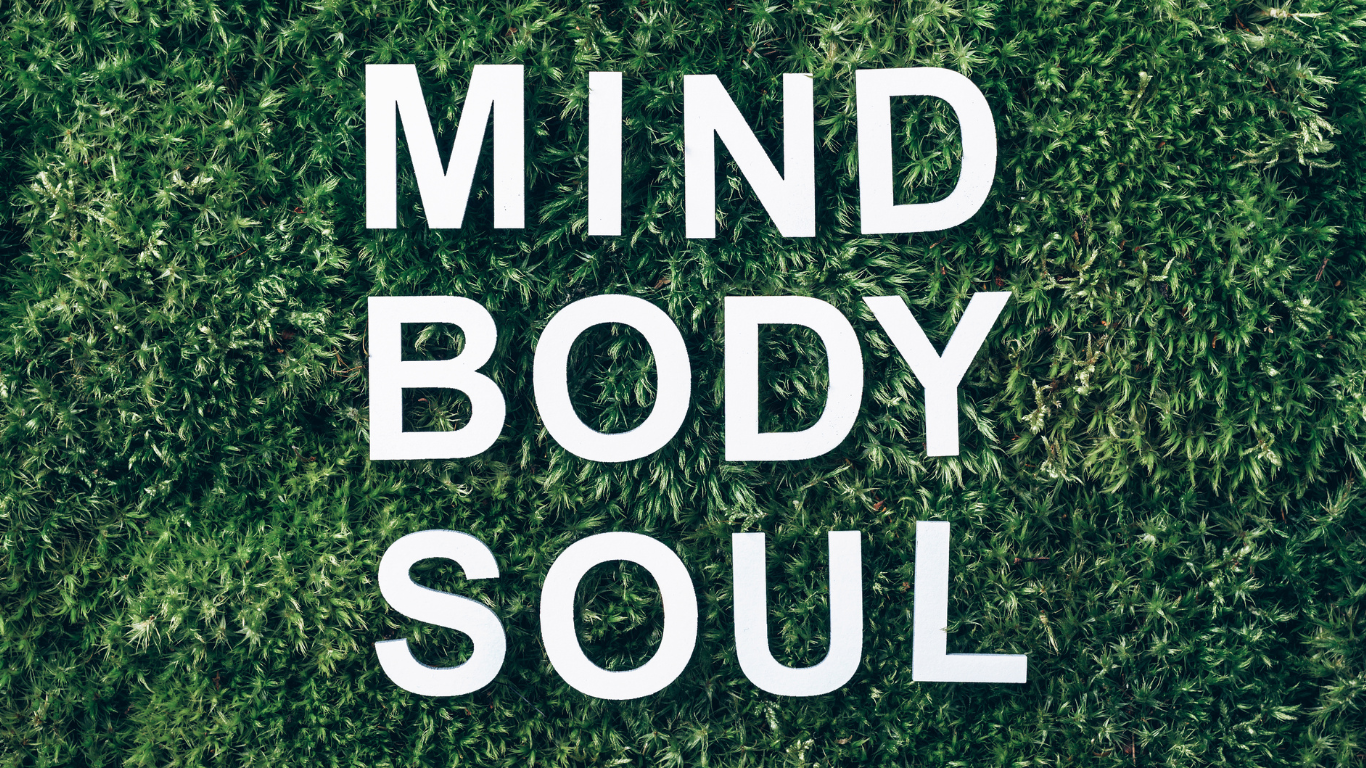
Most of us are constantly juggling responsibilities, deadlines, and challenges that can take a toll on our mental, emotional, and physical health. Whether it’s the pressure of a demanding job, personal obligations, or the accumulation of stress from daily life, we often find ourselves feeling disconnected and overwhelmed. Despite our best efforts to manage stress or practice self-care, it’s common to feel like something is missing—a deeper sense of balance, grounding, and ease that can carry us through life’s most challenging moments.
In response to this growing need for a more integrated approach to well-being, many are turning to methods that go beyond surface-level wellness routines. We need something that speaks to the triad of our minds, our bodies, and our spirit. This is where embodied practices come in—philosophies and techniques that help us reconnect with the body and draw strength from within to manage external pressures.
At the heart of these practices is Somatic Abolitionism, a powerful, body-centered approach that encourages us to embrace our full human experience—physically, emotionally, and spiritually. Unlike many wellness methods that focus on mental strategies alone, Somatic Abolitionism emphasizes the importance of tuning into the body’s wisdom as a means of knowing, healing, restoring balance, and cultivating resilience. This is a philosophy for those who seek a holistic way to navigate life’s complexities with confidence and clarity while learning to take responsibility for and the metabolization of that which led to the existing limitations.
Let’s explore what Somatic Abolitionism is, why it’s essential for holistic well-being, and how it can help you manage stress as well as thrive in every aspect of life as a leader.
Continue on to Somatic Abolitionism to learn more.
